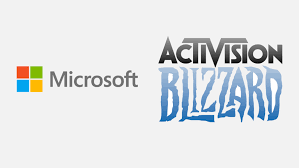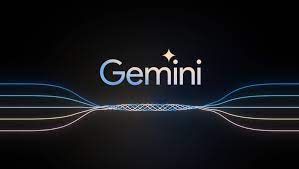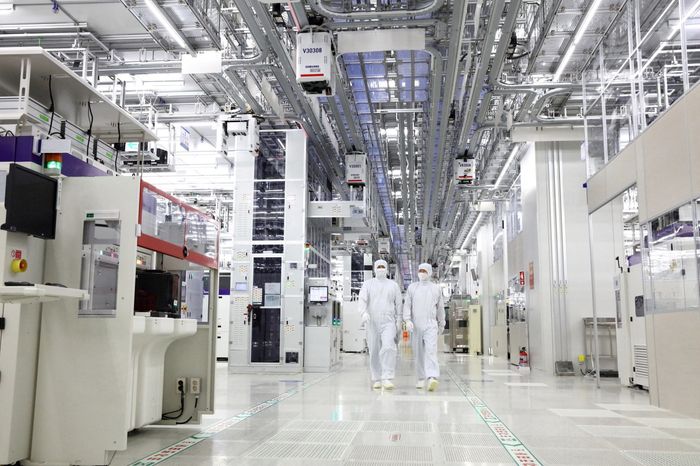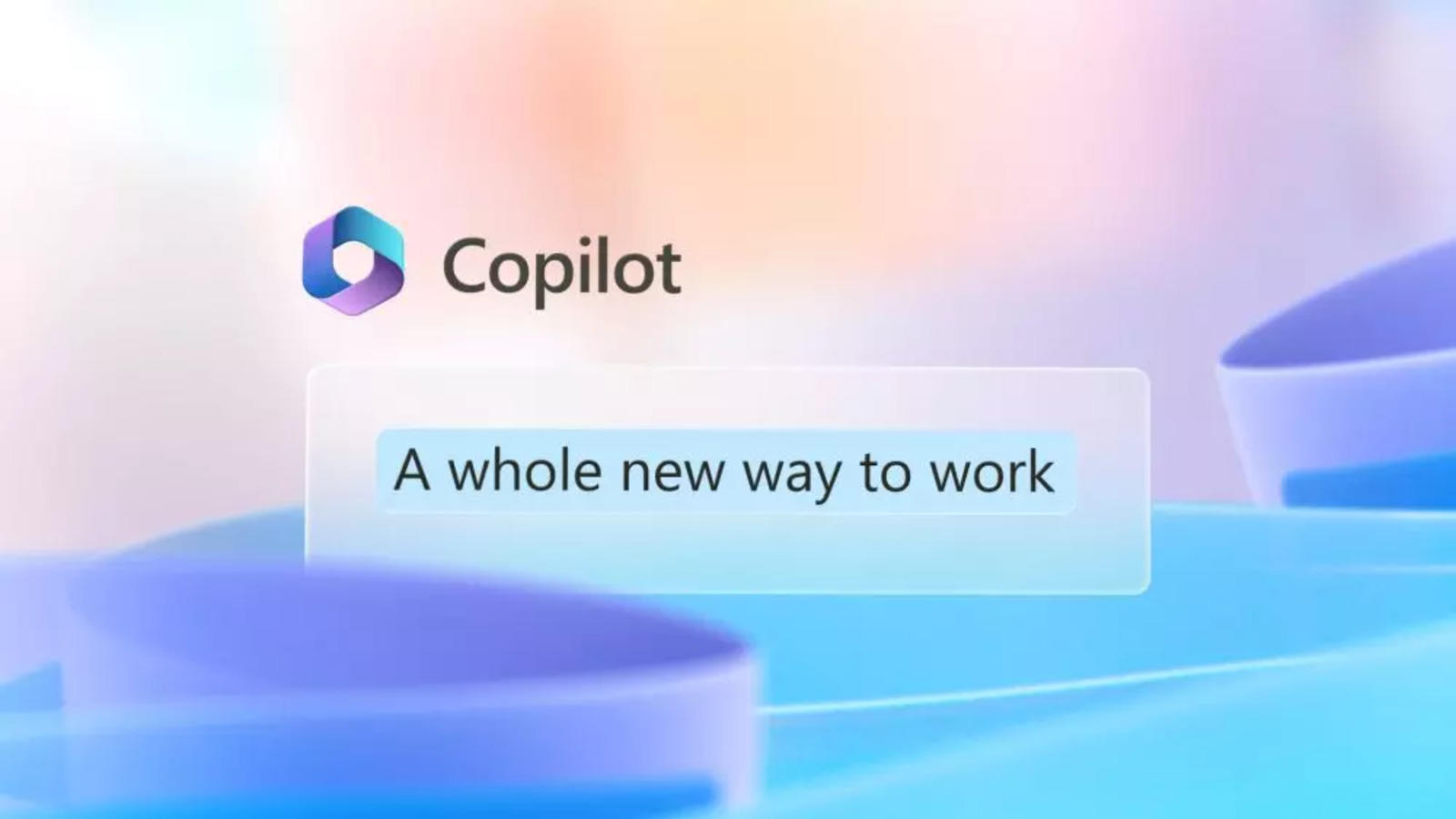Activision Blizzard’s $69 billion acquisition by Microsoft has been completed, the company announced in a regulatory filing on Friday. It’s the biggest deal Microsoft has ever made in its 48-year history, and it comes after the company allayed regulators’ concerns about competition in the U.K. and Europe and won a favorable decision from a U.S. district judge.
Early on Friday, the U.K.’s Competition and Markets Authority approved the deal, paving the way for the closing.
With the acquisition, Microsoft gains access to a wide range of popular video game franchises, including Warcraft, Call of Duty, Crash Bandicoot, Diablo, Overwatch, StarCraft, and Tony Hawk Pro Skater. In its most recent fiscal year, the game developer brought in $7.5 billion in revenue, which was a pittance compared to Microsoft’s $212 billion in sales.
Microsoft Gaming CEO Phil Spencer wrote in a blog post, “Today we start the work to bring beloved Activision Blizzard, and King Franchises to Game Pass and other platforms.” In the upcoming months, “we’ll share more about when you can expect to play.”
Bobby Kotick, the CEO of Activision Blizzard, will continue in his position until the end of the year.
Satya Nadella, the company’s new CEO, wants to expand Microsoft’s business beyond its traditional pillars of productivity software and operating systems. Activision has been both a rival and a business associate of Microsoft. It’s one of the few big companies that puts out well-liked games, the creation of which can cost hundreds of millions of dollars.
The acquisition was delayed by regulatory opposition. Microsoft stated its intention to complete the transaction by the end of June 2023 when it first announced the agreement in January 2022. The two businesses decided to extend the deadline to October 18 in July.
The transaction was criticized by the European Commission, the British Competition and Markets Authority, and the American Federal Trade Commission.
Microsoft offered reassurances to European regulators. The agency took the case to the U.S. Appeals Court for the 9th Circuit, which denied a motion to temporarily stop the consummation of the deal.
Getting along with U.K. officials was more difficult. Microsoft stated in August that, assuming the agreement was finalized, game publisher Ubisoft would be granted 15 years of cloud streaming rights for Activision’s games. The CMA stated on September 22 that the proposal’s modification should allay any concerns people may have had with the deal.
The FTC stated on Friday that it remains concerned.
Despite Microsoft and Activision concluding their agreement ahead of a scheduled December appeals court hearing, FTC spokeswoman Victoria Graham said, “We remain focused on the federal appeal process.” The FTC will evaluate the new agreement between Microsoft and Activision and Ubisoft as part of its ongoing administrative proceeding. This new agreement will have an impact on American consumers. The FTC is still of the opinion that this transaction threatens competition.
Activision reported $2.2 billion in revenue for the second quarter, a 34% increase over the same period last year, with a net income of $587 million. In order to enable cloud access to Activision Blizzard games for gamers in Europe, the company agreed to offer free licenses to streaming service providers and consumers in the EEA.
Rival console manufacturers Sony and Nintendo were given ten years of access to Call of Duty games through agreements Microsoft made with them. Microsoft also signed similar contracts with companies offering cloud gaming services, including Boosteroid, Nvidia, Nware, and Ubitus.
The FTC asked the San Francisco federal district court for a preliminary injunction in July to stop Microsoft and Activision from completing their merger before getting full approval. After five days of hearings, the judge supported the two businesses.





